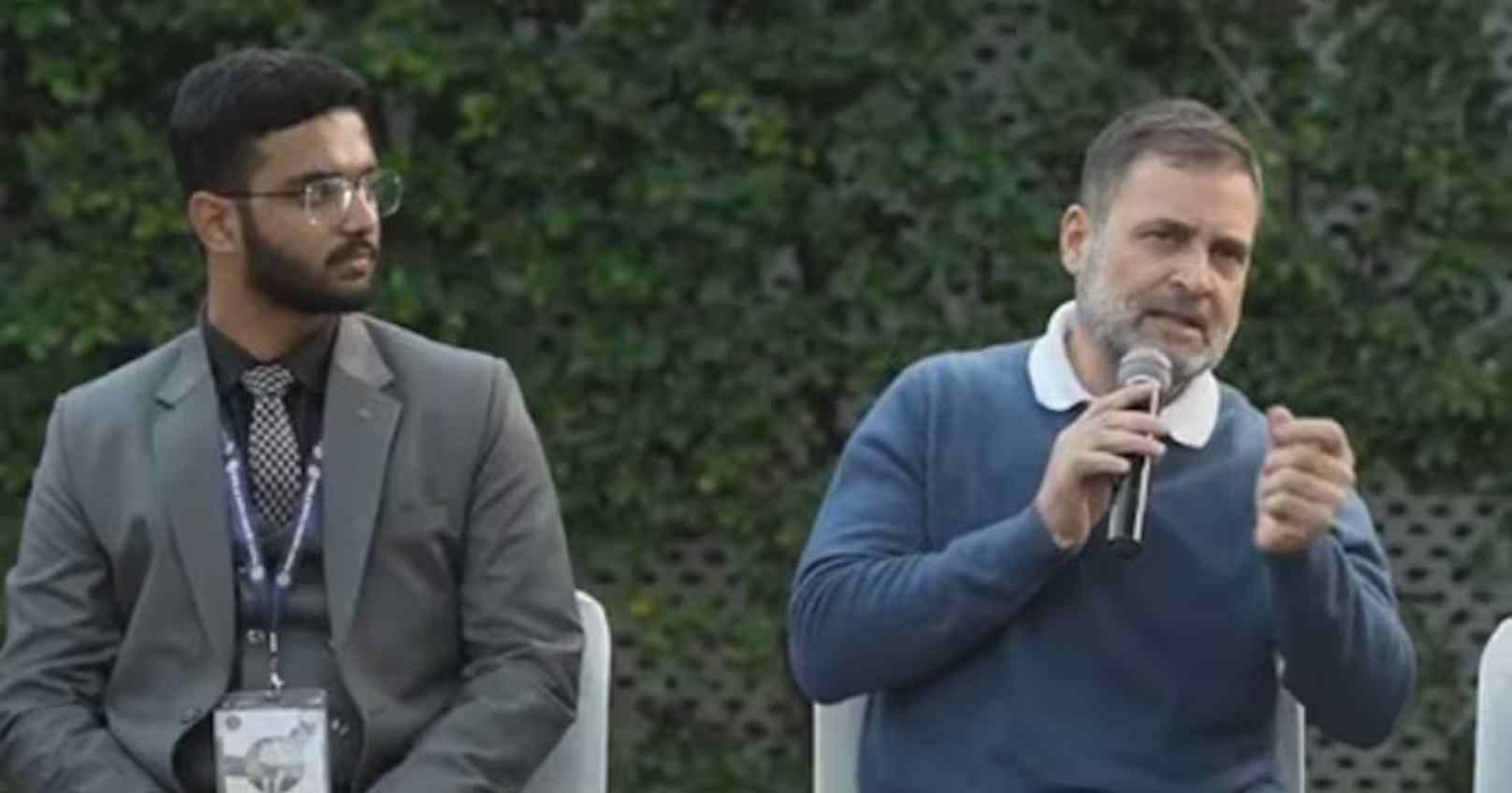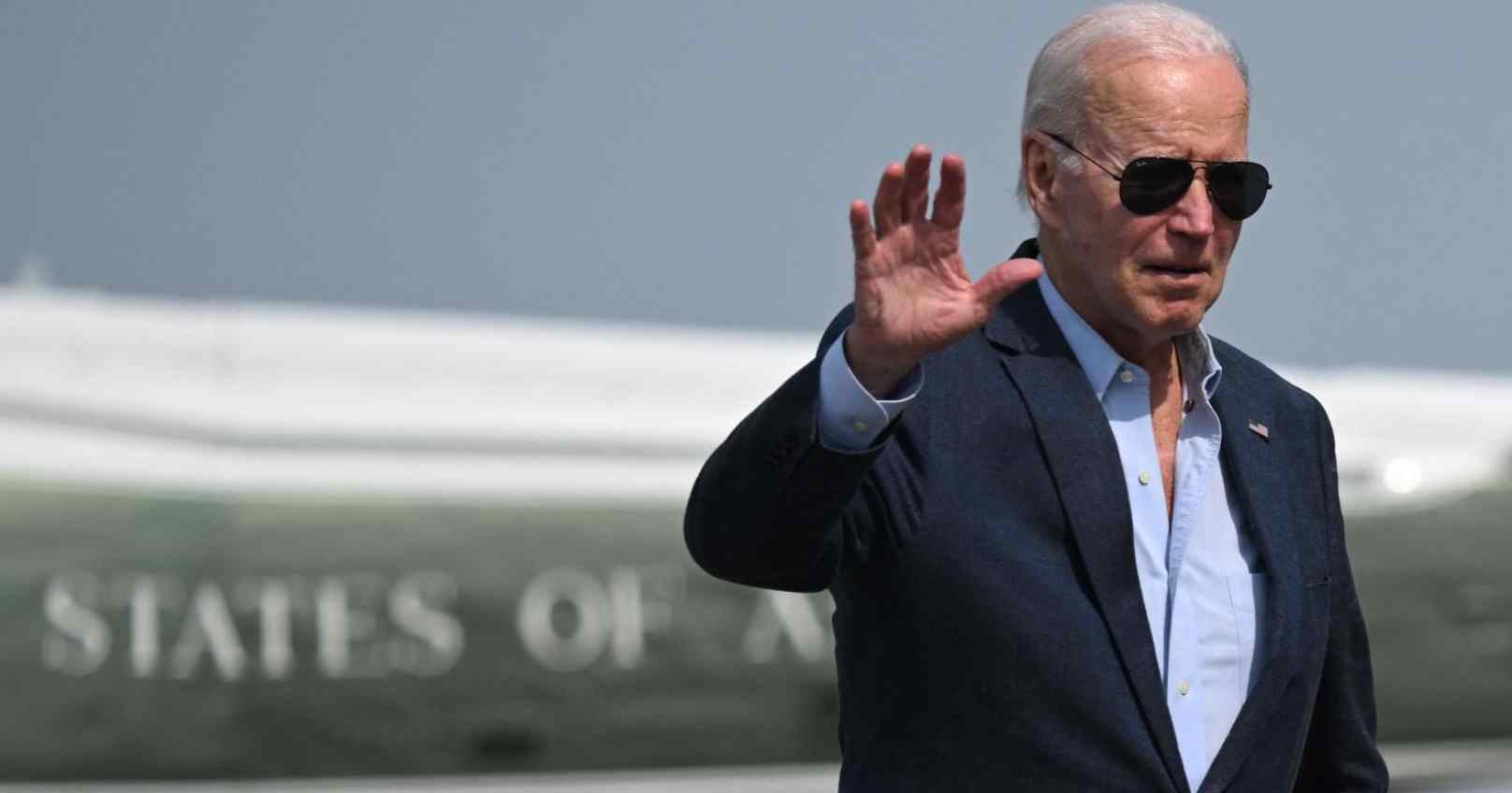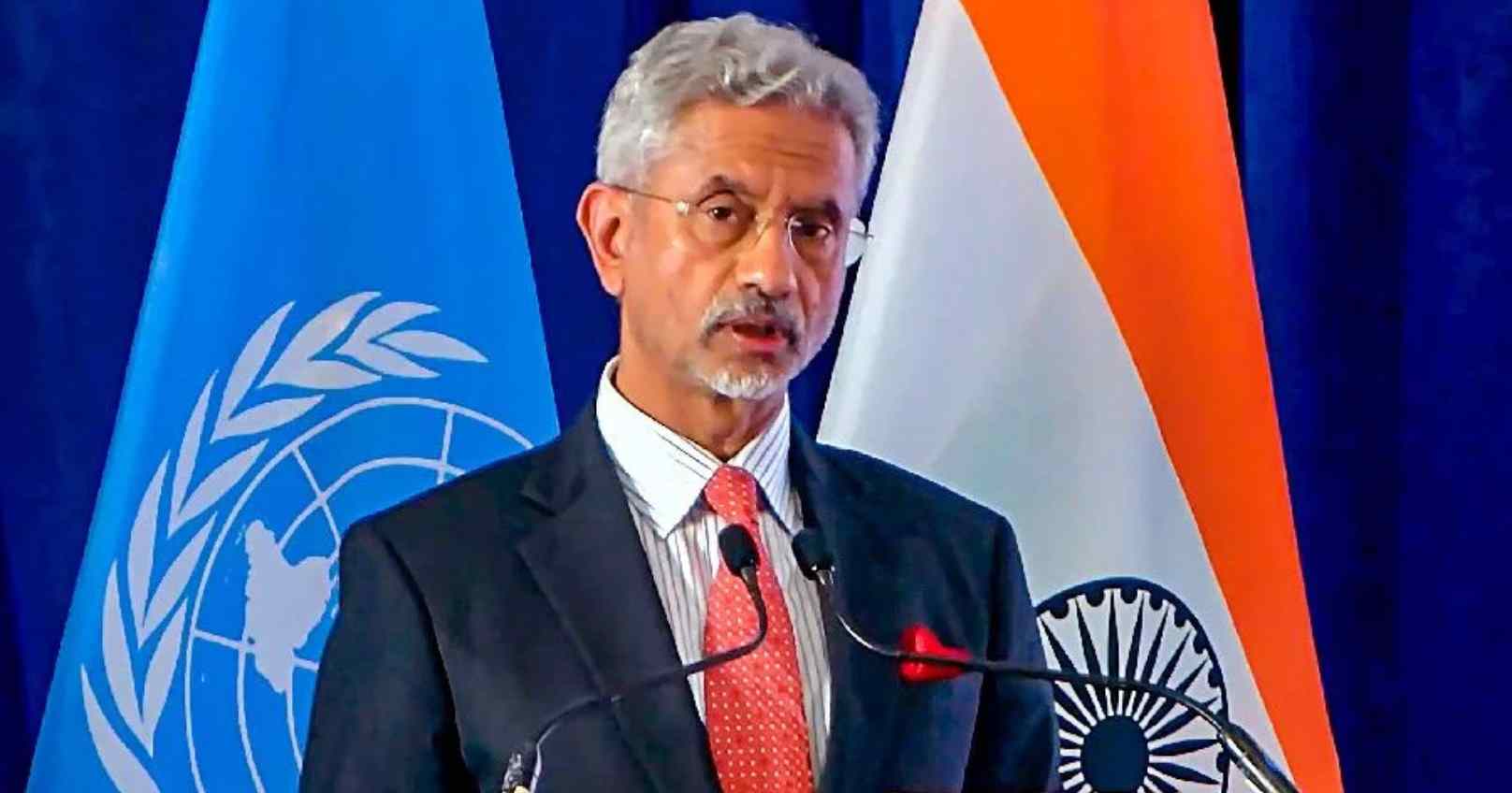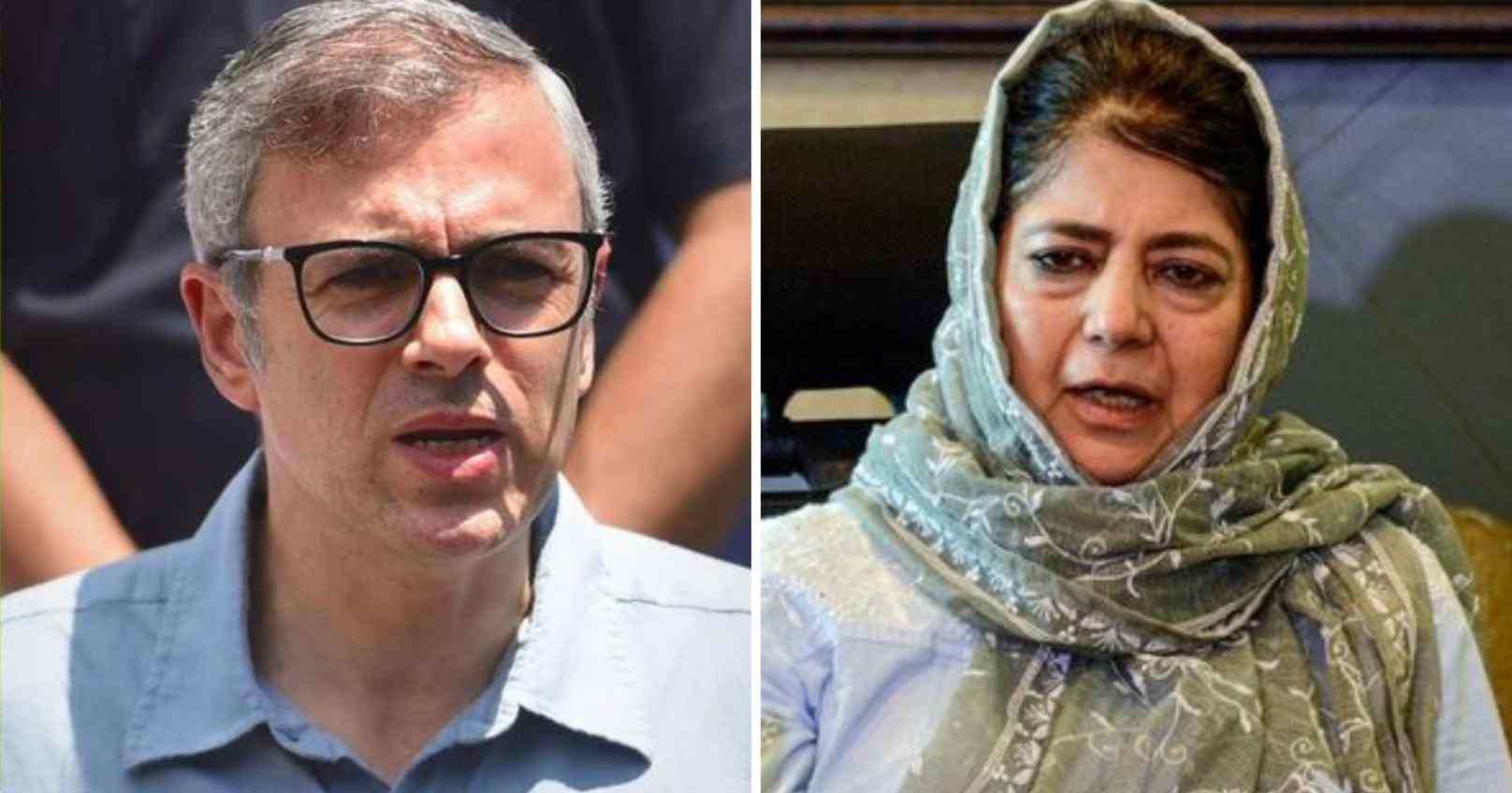Congress leader Rahul Gandhi emphasized the critical need for governments to invest in education and strengthen public institutions, arguing that quality education cannot be achieved through privatization and financial incentives. He shared these views during a conversation with students of IIT Madras and in subsequent posts on social media.
In a video shared on X (formerly Twitter), Mr. Gandhi said, "It is one of the foremost responsibilities of any government to guarantee quality education. This cannot be achieved through privatization and financial incentives. Governments must allocate significantly more resources to education and reinforce public institutions."
On his WhatsApp channel, Mr. Gandhi expanded on the discussion, describing it as a dialogue on "redefining success and reimagining education in India." He underscored the importance of empowering students to pursue non-traditional career paths, fostering creativity, and encouraging innovation. He expressed hope for India’s future, emphasizing the potential to become a global leader by promoting fairness, research, and production.
Contrasting Congress and BJP
When asked how Congress differs from the BJP in its approach, Mr. Gandhi highlighted that Congress prioritizes equitable resource distribution and inclusive growth, while the BJP focuses on aggressive growth and “trickle-down” economics.
On social issues, he emphasized Congress's belief in fostering harmony for the betterment of the country. In terms of international relations, he noted some differences in strategy but acknowledged overlaps in approach.
Reforming the Education System
Critiquing the current state of India’s education system, Mr. Gandhi described it as restrictive, hierarchical, and overly focused on a narrow range of career paths. Reflecting on his Bharat Jodo Yatra conversations with children, he noted a recurring theme: most aspired to become doctors, engineers, lawyers, or join the armed forces.
“It can’t be that there are only five career options in this country,” he said. “Our system measures success through a very narrow lens, undervaluing other professions and failing to nurture imagination and creativity in children.”
Mr. Gandhi advocated for a system that allows students to explore diverse opportunities and develop multiple skills. He also stressed the importance of respecting all professions, moving beyond the traditional focus on a select few.
Encouraging Innovation and Production
Highlighting the need to foster innovation, Mr. Gandhi called for greater investment in skill development and physical production. "Real innovation emerges from hands-on experience and production," he said. "R&D alone is insufficient without actual production."
He urged a shift towards valuing skills and creating opportunities for children to innovate, noting that such changes could position India as a leader in global innovation.
Navigating Global Dynamics
On international relations, Mr. Gandhi spoke about India’s unique position to balance the growing tensions between the United States and China. He stressed the importance of navigating these dynamics intelligently, allowing India to leverage its position for strategic benefits without making critical missteps.
Overall, Mr. Gandhi’s message focused on reimagining education, encouraging creativity, and strengthening public systems to empower the next generation and position India for global success.







